When the weather starts to get chilly, the fragrant smell of roasted chestnuts permeates the streets, making many people feel warm inside.
Few people know that this sweet and nutty seed is not only a familiar gift of autumn but also contains a series of precious nutrients, likened to "ginseng of the cold season".
The healthy energy of autumn
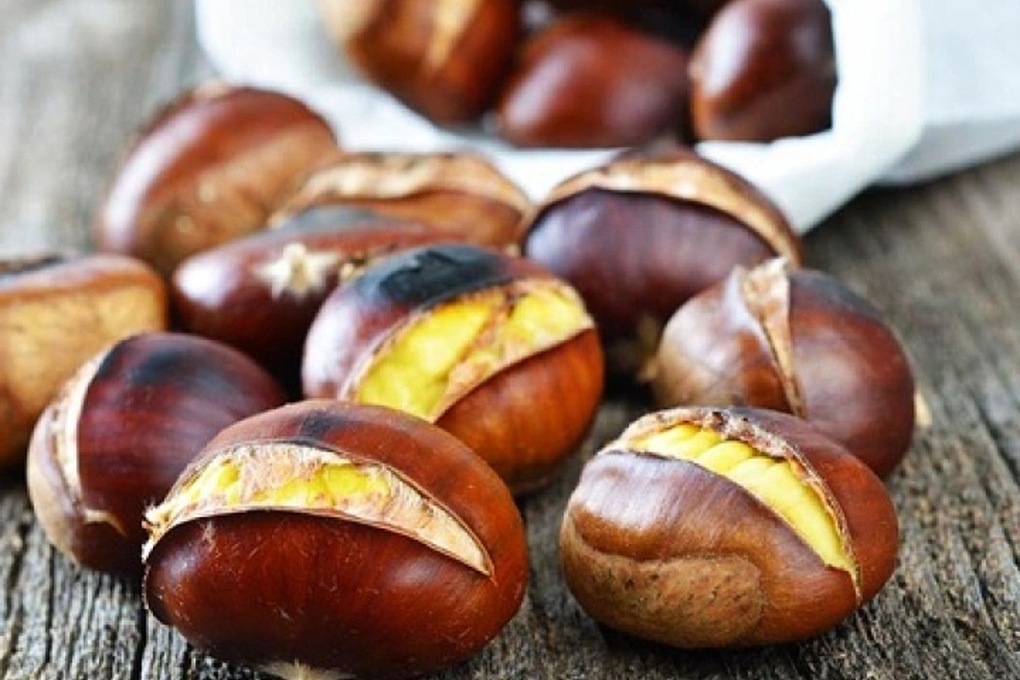
Chestnuts have many health benefits (Photo: Getty).
Unlike oil-rich nuts like walnuts or almonds, chestnuts have a special nutritional profile, low in fat but rich in starch, vitamin C, potassium, manganese and fiber. Thanks to that, this nut provides sustainable energy, helping to warm the body on cold days without causing weight gain.
According to a study by the University of Milan (Italy), adding chestnuts to your daily diet can reduce bad cholesterol (LDL), improve blood fat metabolism and support the cardiovascular system.
This is thanks to the amount of unsaturated fatty acids and polyphenols in the seeds, which help clean blood vessels and limit the accumulation of excess fat in the body.
Not stopping there, chestnuts also contain many powerful antioxidants such as gallic acid, ellagic acid and phenolic compounds. A review published in the journal Frontiers in Nutrition shows that these active ingredients have the ability to neutralize free radicals, slow down the aging process of cells, and help prevent chronic diseases such as diabetes, cardiovascular disease or neurodegeneration.
Special benefits for digestion and immunity
Not only good for the heart, chestnuts also help improve intestinal health. With high fiber content, chestnuts promote digestion when the body drinks less water.
The special feature that makes chestnuts different from other nuts is the natural vitamin C content, about 40mg in 100g of fresh nuts. This is a rare number in the group of dried nuts, helping to increase resistance, support iron absorption and stimulate collagen production, very beneficial for the skin and immune system.
According to Healthline , eating chestnuts regularly in moderation can help stabilize blood sugar, thanks to slow-digesting starch and a low glycemic index. This is especially useful for diabetics or those who need to maintain stable energy throughout the day.
The nemesis of cancer
Some laboratory studies have also shown that chestnut extract can inhibit the growth of stomach and breast cancer cells thanks to its strong antioxidant activity.
Although these results require further human studies, they are a welcome sign of the medicinal potential of this seed.
In addition, chestnuts also help reduce nervous tension, thanks to containing B vitamins, especially B6, an important factor that helps the nervous system function stably and improves mood.
Thanks to the above benefits, in many European countries, chestnuts are considered a healing food in the cold season. People often eat roasted chestnuts with honey, cook chestnut porridge or grind them into flour to make cakes to nourish the body after tiring working days.
How to choose good chestnuts and preserve them properly
To fully enjoy the flavor and nutrients, choose seeds with shiny brown shells, no cracks, no mold, and no hollow sound when shaken. Good seeds often have light yellow flesh, mild aroma and natural sweet taste.
If you buy fresh chestnuts, keep them in a cool, dry place or in the refrigerator, away from direct sunlight. For roasted chestnuts, let them cool completely before storing in an airtight container. If done properly, they can retain their flavor for 2 to 3 weeks.
Source: https://dantri.com.vn/suc-khoe/vua-cua-cac-loai-hat-dang-vao-mua-rat-tot-cho-tim-mach-20251028064943332.htm





![[Photo] Prime Minister Pham Minh Chinh chaired a meeting to discuss solutions to overcome the consequences of floods in the central provinces.](https://vphoto.vietnam.vn/thumb/1200x675/vietnam/resource/IMAGE/2025/10/29/1761716305524_dsc-7735-jpg.webp)
![[Photo] Flooding on the right side of the gate, entrance to Hue Citadel](https://vphoto.vietnam.vn/thumb/1200x675/vietnam/resource/IMAGE/2025/10/28/1761660788143_ndo_br_gen-h-z7165069467254-74c71c36d0cb396744b678cec80552f0-2-jpg.webp)
![[Photo] Hue: Inside the kitchen that donates thousands of meals a day to people in flooded areas](https://vphoto.vietnam.vn/thumb/1200x675/vietnam/resource/IMAGE/2025/10/29/1761738508516_bepcomhue-jpg.webp)
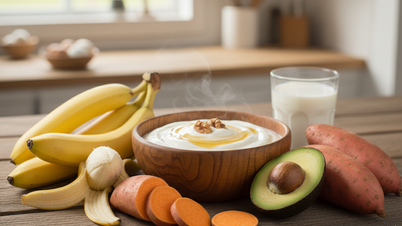

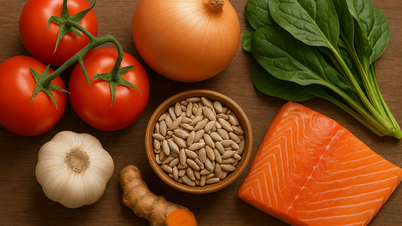

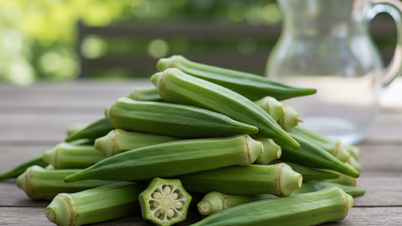
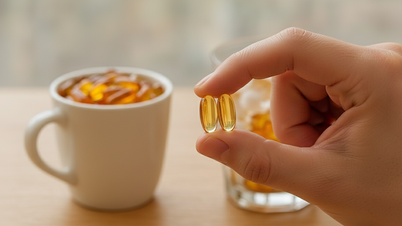
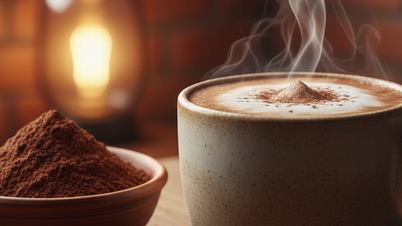



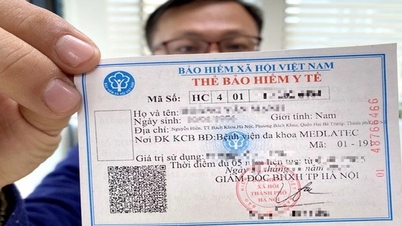

















































![[Infographic] Vietnam's socio-economic situation in 5 years 2021-2025: Impressive numbers](https://vphoto.vietnam.vn/thumb/402x226/vietnam/resource/IMAGE/2025/10/29/1761730747150_anh-man-hinh-2025-10-29-luc-16-38-55.png)
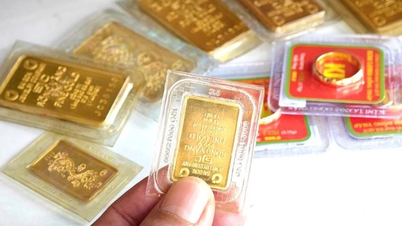



![[Live] Concert Ha Long 2025: "Heritage Spirit - Brightening the Future"](https://vphoto.vietnam.vn/thumb/402x226/vietnam/resource/IMAGE/2025/10/29/1761743605124_g-anh-sang-am-thanh-hoanh-trang-cua-chuong-trinh-mang-den-trai-nghiem-dang-nho-cho-du-khach-22450328-17617424836781829598445-93-0-733-1024-crop-1761742492749383512980.jpeg)





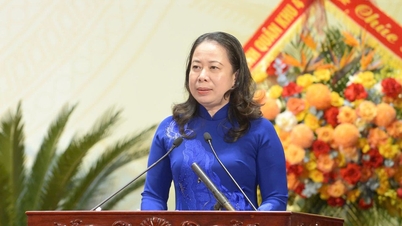





























Comment (0)